Once Thought Extinct, This Prehistoric Bird Is Thriving Again In The Wild
November 13, 2024
In a triumphant return from the brink of extinction, the South Island takahē, New Zealand’s unique, flightless swamphen, is making a comeback in its native habitat.
Known for its striking blue and green plumage and playfully described as “psychedelic disco chickens,” these birds hold a significant place in New Zealand’s natural and cultural heritage.
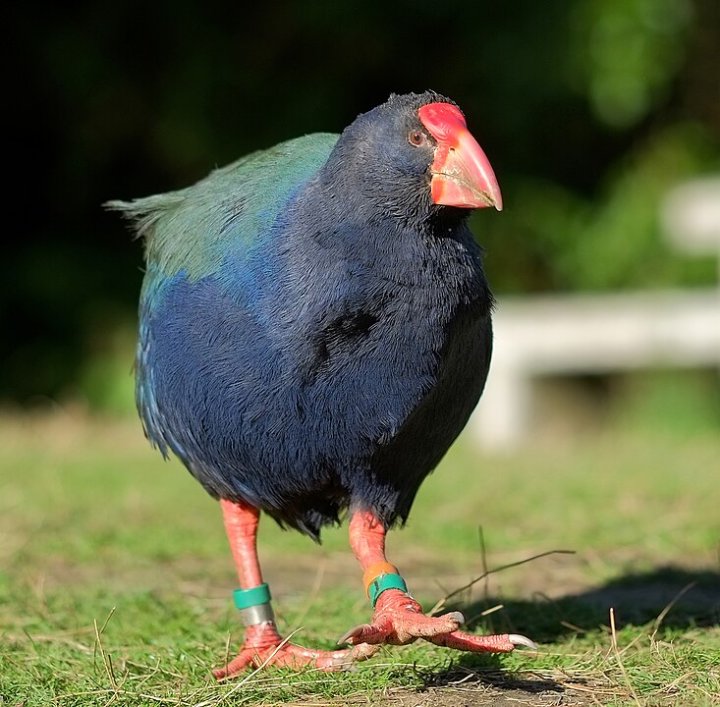
A takahē in South Island
Even though the takahē was once believed extinct, recent efforts have sparked new hope, showing that these birds are, indeed, thriving in the wild.
In August 2023, the Department of Conservation (DOC) and the Ngāi Tahu tribe took a bold step in takahē conservation by releasing 18 of these rare birds into the mountainous region of Greenstone Station, a protected tribal land in the South Island.
Just one year later, the DOC has happily reported that the takahē population on this land is “thriving,” with eight out of ten breeding pairs nesting soon after release. Several chicks have hatched, marking a promising start for these newly established families.
“It’s particularly promising that eight out of 10 pairs started nesting within a few months of being released, exceeding our expectations and showing they are settled enough to breed," said DOC Takahē Recovery Operations Manager Deidre Vercoe. "We believe seven to 10 chicks hatched but some young chicks commonly die in the first weeks and months of life from natural causes."
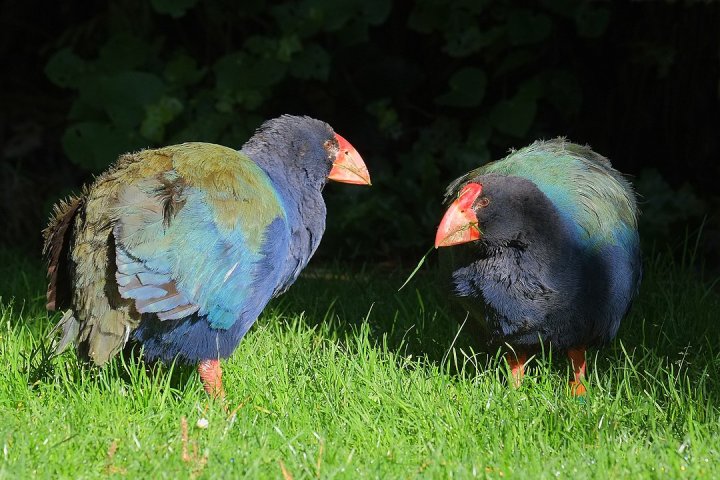
A male and female takahē
Today, New Zealand’s national takahē population stands at around 500, with an annual growth rate of about 8%—an encouraging sign of resilience.
Fulton Hogan New Zealand CEO Ben Hayward says the Takahē Recovery Programme's success in increasing the national population to around 500 birds is a significant milestone.
“The thriving takahē population at Greenstone Station is a testament to the collaborative efforts of Ngāi Tahu, DOC, and our team at Fulton Hogan. Seeing these birds adapt and raise offspring in their new environment is incredibly rewarding," he said in a statement.
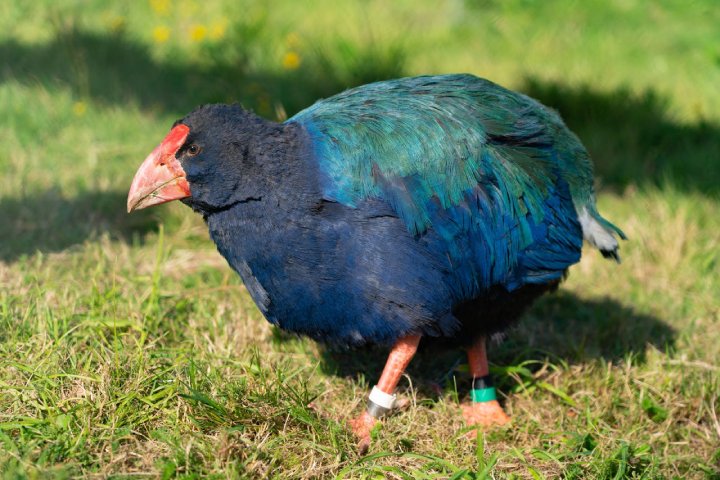
Takahē have a fascinating and somewhat mysterious history.
First identified by European scientists in 1847 from fossilized bones, the South Island takahē was soon believed extinct, as no living birds could be found despite persistent efforts.
However, scattered sightings continued to surface, with hunters and settlers describing encounters with “giant pukakis”—large, blue-and-green birds unlike anything else in the wild. One group even recalled chasing a bird “the size of a goose, with blue-green feathers and the speed of a racehorse,” though they couldn’t capture it.
In an extraordinary turn of events, a small group of takahē was rediscovered in 1948, a revelation that reignited hope and launched what is now the Takahē Recovery Program. This ongoing conservation effort has since helped bring the takahē population back from the edge, creating a brighter future for these rare and remarkable birds.
 Dogs Are Forced To Wear The Things They Steal — And It’s Hilarious
Dogs Are Forced To Wear The Things They Steal — And It’s Hilarious
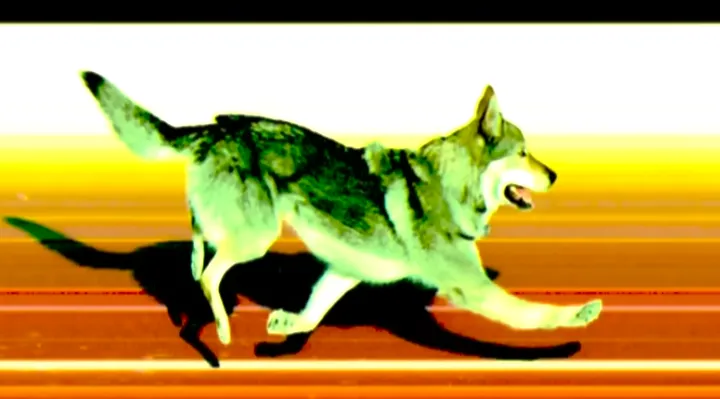 Meet Nazgul: The Dog Who Crashed An Olympic Ski Race And Nearly Won
Meet Nazgul: The Dog Who Crashed An Olympic Ski Race And Nearly Won
 Bill Murray Says This Painting 'Saved His Life' — And It Still Inspires Visitors Today
Bill Murray Says This Painting 'Saved His Life' — And It Still Inspires Visitors Today
 Professor Watches His Student Compete At The Olympics After She Requested An Extension On An Assignment
Professor Watches His Student Compete At The Olympics After She Requested An Extension On An Assignment
 He Lost Everything And Had To Give Up His Dog — Then Strangers Brought Her Back Home
He Lost Everything And Had To Give Up His Dog — Then Strangers Brought Her Back Home
 10 Powerful Inventions Where Helping Others Came Before Profit
10 Powerful Inventions Where Helping Others Came Before Profit
 James Van Der Beek Has Passed. But What He Said Before He Died, We All Need To Hear
James Van Der Beek Has Passed. But What He Said Before He Died, We All Need To Hear
 He Ordered A Doctor Bag — But The Size Has Him Laughing Uncontrollably
He Ordered A Doctor Bag — But The Size Has Him Laughing Uncontrollably
 Mom Was About To Miss Her Flight, So A Stranger Picked Up Her Kid And Ran With Her
Mom Was About To Miss Her Flight, So A Stranger Picked Up Her Kid And Ran With Her
 Woman Stunned By Valuation Of Rare Māori Jade Hei-Tiki Found In Her Garden
Woman Stunned By Valuation Of Rare Māori Jade Hei-Tiki Found In Her Garden
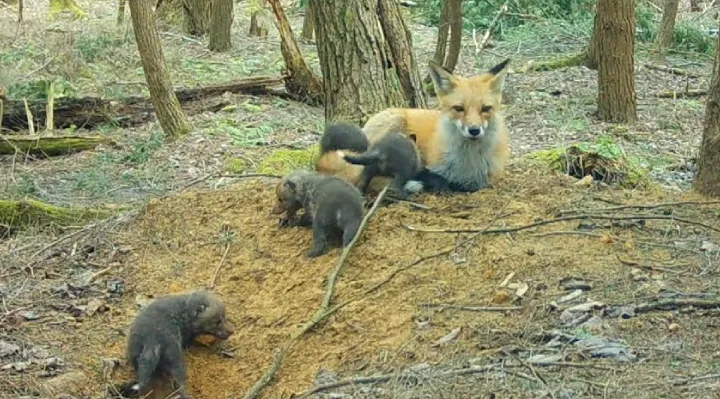 Mom Red Fox Calls Her Adorable Pups Out For The First Time
Mom Red Fox Calls Her Adorable Pups Out For The First Time
